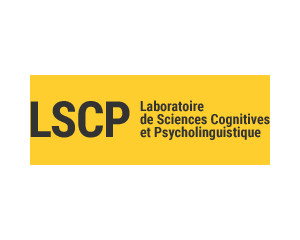EXOVOICES
La surexposition des enfants aux écrans engendre des conséquences néfastes pour leur cognition, alors que les histoires audio peuvent avoir un impact positif sur leur engagement attentionnel et imaginatif. La lecture virtuelle d'histoires par voix de synthèse peut améliorer l'immersion et l'imagination en permettant par exemple de s'adresser à l'enfant par son prénom. Les synthétiseurs vocaux actuels souffrant de monotonie et de manque d'expressivité, EXOVOICES propose une synthèse neuronale augmentée d’annotations linguistiques automatiques du texte (analyse de sentiments, sémantique et structurelle), qui permettra de générer une voix de synthèse plus diversifiée en fonction des passage de l'histoire et de la coloration expressive du texte. Les protocoles d’évaluations existants ne sont pas adaptés à rendre compte du caractère monotone et expressif d’une voix de synthèse, et EXOVOICES se propose de contribuer à définir la notion d’expressivité en élaborant un protocole expérimental permettant d’évaluer cette notion sur des voix naturelles et synthétiques.
L’impact de l’écoute d'histoires naturelles et synthétiques sur l’attention et l’imagination des enfants sera évalué par des expériences cognitives, ce qui constituera un nouveau paradigme d'évaluation de la synthèse vocale. Une meilleure compréhension des mécanismes de fluctuation de l’attention au cours de la lecture et de l’écoute aura d’importantes implications dans le domaine de l’éducation et pour ce qui concerne la prise en charge d’enfants avec des troubles de l’attention.
En améliorant la communication verbale humain / machine, les avancées proposées par EXOVOICES auront un fort impact sur le développement des futures interfaces vocales. De nouvelles formes d'interactivité seront rendues possibles au sein d'applications audio, ludiques ou pédagogiques, ce qui constituera un facteur d'aide à la diminution du temps passé devant les écrans.








